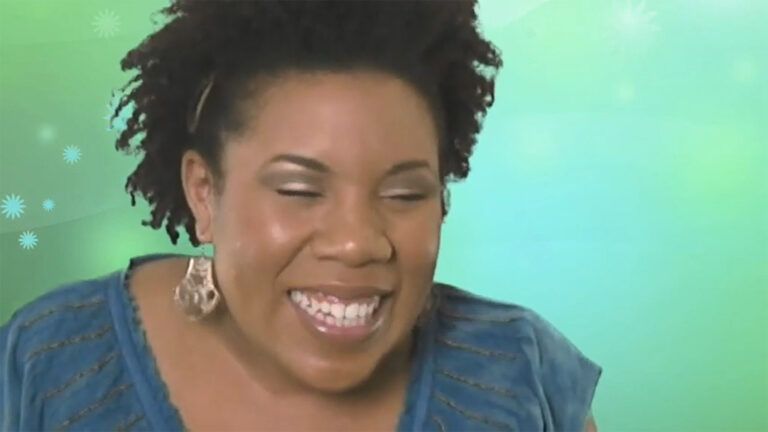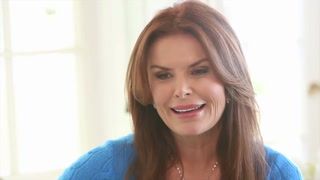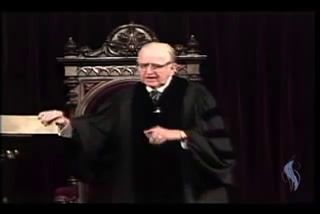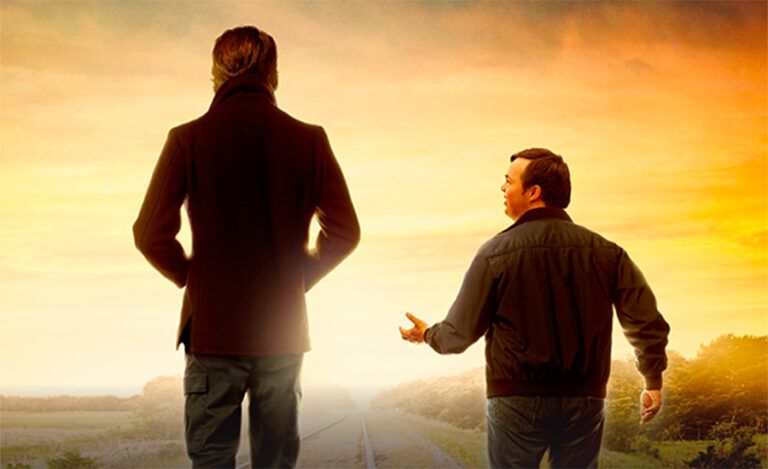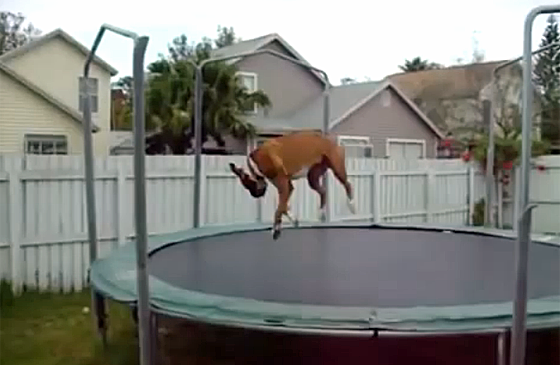
Staying Positive While Dealing with the Challenges of Caregiving
B’ette Schalk shares how her faith and a grief support group helped her cope with the challenges she faced when her husband experienced deep depression and anxiety.
View Transcript
My name is B’ette Schalk. I’m a retired psychiatric nurse living in Moose Jaw, Saskatchewan, Canada. My husband’s name is Herb. He was diagnosed with severe depression and anxiety. Over the years, he has been away off and on, but the longest time he spent away from me in one chunk was 20 months when he was in North Battleford. And it was kind of a relief for me because I knew he was being taken care of 24/7.
For me, emotionally, it was a great relief. Because with him being at home, I had to be with him day and night. I was breaking down myself. I couldn’t do it. I think the hardest thing was to see how the children and the grandchildren were taking it. They were taking it very, very hard. But I just think that it was a blessing for me to have him taken care of and for me to know that he’s safe.
When I was taken into the grief group, I didn’t realize that I had feelings—I was very resentful. I was very angry. I was resentful because Herb couldn’t be with me, resentful of the fact that he left me. That’s what I felt like. I felt like he left me. And I had to take care of everything that was left.
And in the grief group, although I didn’t lose my husband permanently, I learned that we all had the same feelings with dealing with grief, the anger, the resentment, and that we had to not depend on ourselves. We prayed to a higher power. And then it was coming to terms in the end with accepting my situation and accepting maybe this is the way it’s going to be. Maybe this is what God wants.
And I came to terms with that, came to terms with the emotions I had. I didn’t think that as a psychiatric nurse, maybe I shouldn’t be feeling this, you know. Maybe I should be controlling myself more when it came to resentment and anger but it just seemed like everybody in the group had the same feelings going on. And I didn’t feel so alone. And that was a real blessing.
I really had to cling to hope the whole time. And sometimes, there wasn’t much of it. I was near giving up. But I knew that God has helped me in the past. And I knew that if I just cling to that lifeline that somehow, I would come through the dark cloud that was hanging over my head and see the sunshine again.
So my faith, it really did help me and also the faith of my grandson. I’d go babysit that little boy, and he’d get down on his knees and he’d pray to God to send Grandpa home. And when I realized that this little, innocent boy has so much faith, I thought maybe I’d better think about my own faith more.
Thinking about the future with Herb, it’s exciting for me because he’s really a different person. And he’s not even the person that I married, you know. That was then and this is now. But he’s not depressed. He hasn’t had one day of severe depression since he’s come home.
I just think about the future, and everything I’ve ever dreamed of is spending our lives together in the golden years, you know. I like our golden years. We don’t have to work. We don’t have to get up on time. We could travel if he decides he wants to jump in the car and travel and visit the grandchildren. That’s great. I just love that.
So I had to learn to get to know this new person. And he had to get to know me too because I was very co-dependent and expected a lot of things, you know, for him to do for me. And after I learned to do them myself, I was a different person. I didn’t lean on him as hard. And he was a different person, you know. He didn’t suffer from depression. He gained a faith while he was gone too.
There was a little church on the grounds that he would go to every Sunday. Before going, he depended on himself. He was a very independent, strong man. But coming home, he was very faithful and a different person, somebody that I didn’t know. So maybe our future holds, you know, more enjoying life and maybe helping other people who have had mental illness in their families. Our future—it’s together now, as a couple doing things.


